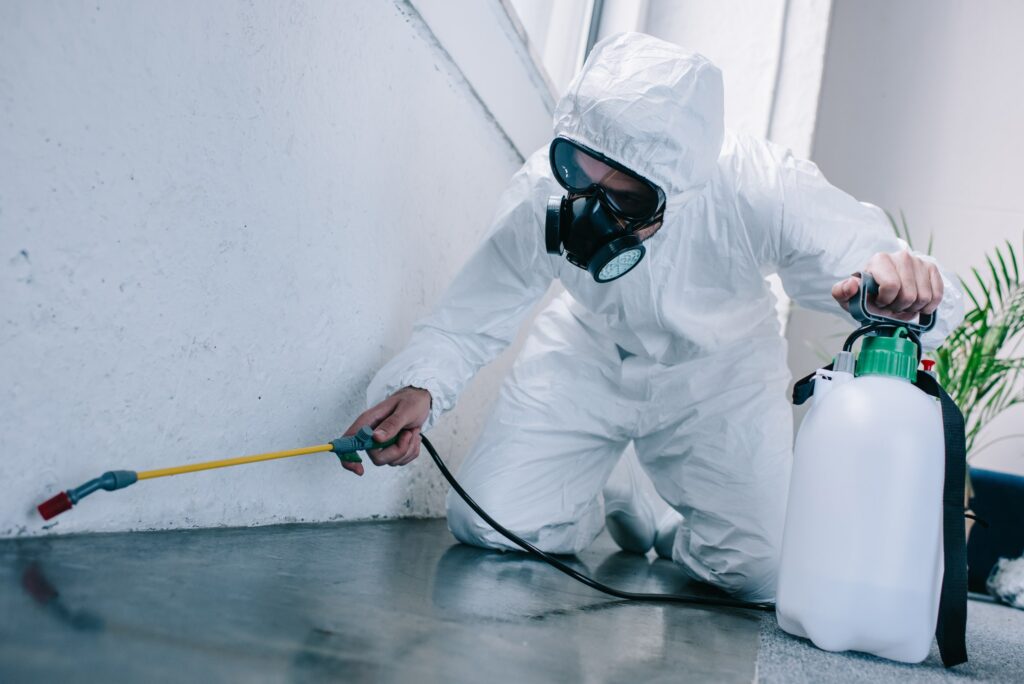How Long Does Exterminator Spray Last
The duration of effectiveness for an exterminator spray can vary depending on several factors, including the type of pest being targeted, the formulation of the spray, the application method, and environmental conditions. Here’s a breakdown:
1. Type of Pest
The effectiveness of insecticides against various pests is intricately tied to each species’ unique vulnerabilities and behaviors. This dynamic relationship underscores the importance of understanding the nuanced distinctions in pest control strategies. Among the many pests that can infiltrate homes and structures, ranging from common nuisances like ants and cockroaches to insidious invaders such as bed bugs and termites, each presents challenges and requires tailored solutions for effective eradication.
Common Household Pests
For instance, common household pests like ants and cockroaches have adapted to thrive in human environments, often exploiting readily available food sources and nesting in dark, secluded areas. Combating these pests necessitates insecticides that target their specific vulnerabilities and behavioral patterns. Sprays formulated with ingredients that disrupt their nervous systems or interfere with their ability to forage and reproduce can effectively control infestations. However, the efficacy of these sprays may vary depending on factors such as the species of pest, the severity of the infestation, and environmental conditions.
Specialized Pests
In contrast, specialized pests like bed bugs and termites possess unique physiological attributes and nesting habits that render them exceptionally resilient to conventional pest control methods. Bed bugs, for example, are adept at hiding in cracks and crevices near their human hosts, emerging primarily at night to feed on blood. Traditional insecticides may fail to penetrate these hiding spots or adequately address the persistent nature of bed bug infestations. Similarly, termites, with their destructive feeding habits and complex underground colonies, pose formidable challenges for eradication efforts. Effective control of these pests often requires targeted treatments with formulations designed to disrupt their reproductive cycles, eliminate existing populations, and prevent future infestations.
In essence, the diversity of pest species necessitates a multifaceted approach to pest control, with tailored solutions designed to address each pest’s unique biology, behavior, and vulnerabilities. While some sprays may effectively target common household pests like ants and cockroaches, others may better combat specialized pests such as bed bugs and termites. By understanding the intricacies of pest biology and employing appropriate insecticides, homeowners and pest control professionals can effectively manage infestations and safeguard their living environments against the threat of pest-related damage and disease.
2. Formulation

Exterminator sprays come in different formulations, including residual sprays, contact sprays, and foggers. Residual sprays are designed to leave a long-lasting residue that kills pests for weeks or months after application. In contrast, contact sprays act immediately upon contact with the pest but may have a shorter residual effect. Foggers release a mist that fills a room and can penetrate cracks and crevices to kill pests but may require repeated applications for long-term control.
3. Application Method
The effectiveness of the spray can also depend on how it is applied. Proper application techniques, such as targeting areas where pests are likely to hide or breed, can improve the longevity of the treatment.
4. Environmental Conditions
Factors such as temperature, humidity, and exposure to sunlight can affect the longevity of exterminator sprays. Extreme temperatures or heavy rainfall may reduce the effectiveness of the spray, requiring more frequent applications.
Generally, residual sprays can protect against pests for several weeks or months, depending on the product and conditions. Contact sprays may offer immediate relief but require more frequent ongoing control applications. Foggers may provide a quick knockdown of pests but may not offer long-term control without repeated treatments.
To ensure effective pest control, it is essential to follow the manufacturer’s instructions and recommendations for application frequency. Additionally, regular monitoring and maintenance may be necessary to address any new infestations or reappearances of pests over time. If you need clarification on the effectiveness or longevity of a particular exterminator spray, consulting with a professional pest control provider can provide valuable guidance and assistance.



















